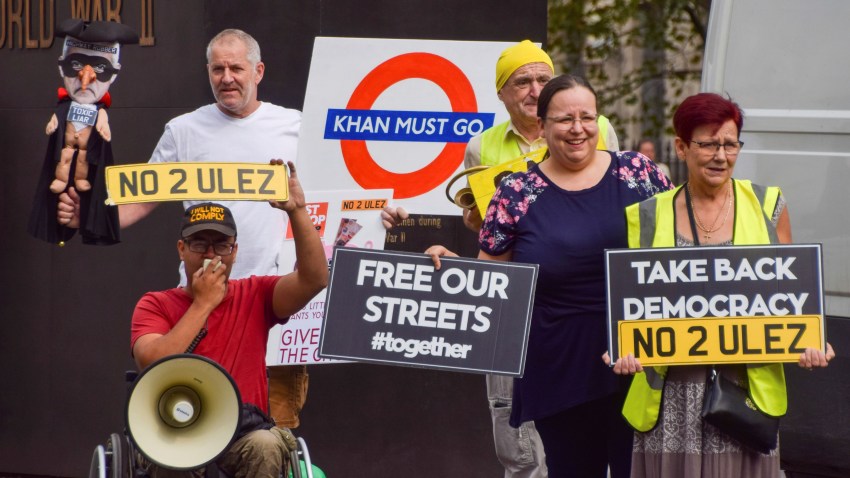When a bomb goes off in London, particularly one that might be defined as a terrorist attack, it usually attracts the attention of a global audience. Such shocking political violence often leads to the arrival of dozens of international media teams for coverage that can continue for weeks, amid debates about how threatening the attacks are to society and the state, and how harsh the crackdown by security services should be.
Yet after the South London suburb of Sidcup woke up to the detonation of a bomb early on the morning of Dec. 6, most media outlets and policymakers only paid brief attention to a form of political violence that in other contexts might have generated national panic. After London Mayor Sadiq Khan condemned what he called the “grave irresponsibility” of the bombing, the incident largely disappeared from the wider news cycle. A few days later, any mention of it disappeared from national news media, though local journalists in South London continued to cover the investigation.
This remarkable lack of fuss over the detonation of an explosive device on U.K. soil was partly due to what it had targeted. Over the past 30 years, London has witnessed terror attacks with heavy casualties, such as the al-Qaida suicide attacks on public transport on July 7, 2005; nail bomb attacks against bars used by the LGBTQ community planted by a neo-Nazi militiant in April 1999; and the massive explosive device planted in a banking district by Irish Republican Army operatives in February 1996. Compared with such massive attacks with significant human casualties, the Sidcup bombing seemed far less dramatic: It was placed by local activists who hoped to destroy the cameras enforcing the Greater London Authority’s Ultra-Low Emission Zone, or ULEZ, an air-quality and climate initiative that uses an emissions-based surcharge to discourage the use of older cars.

